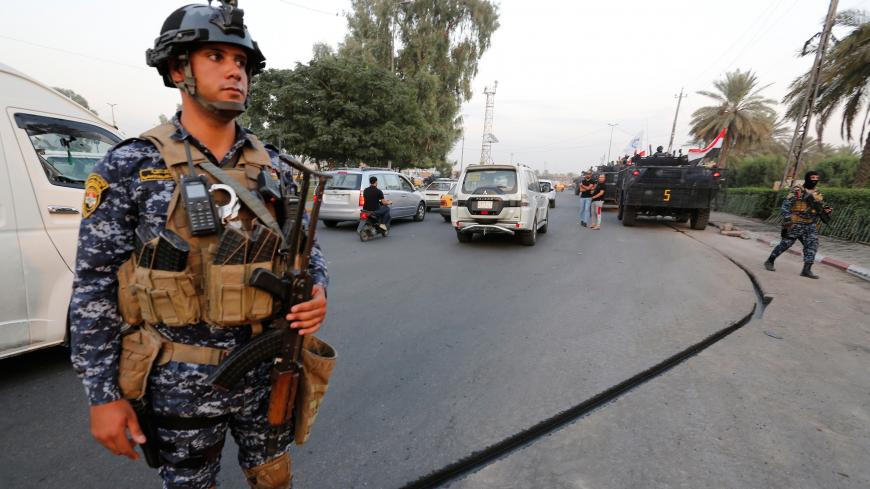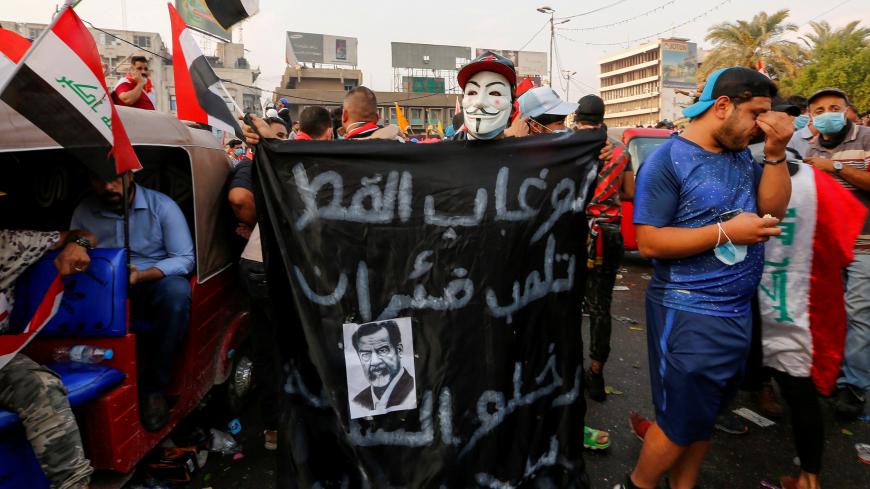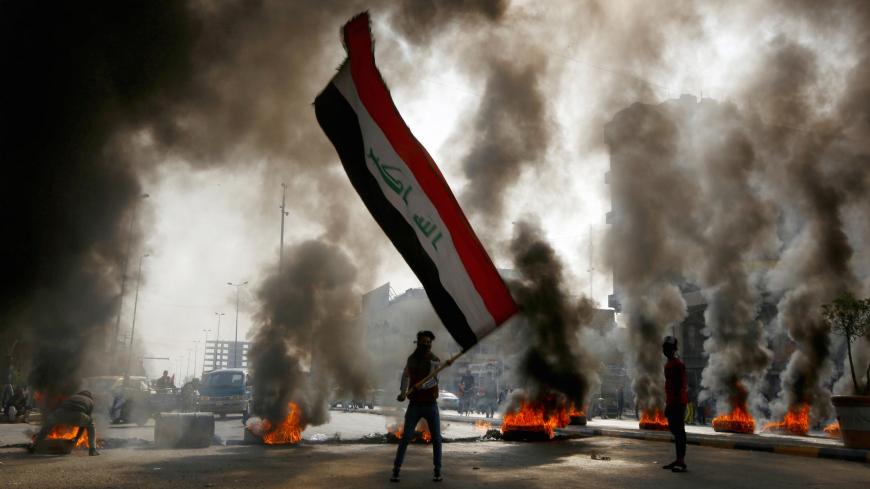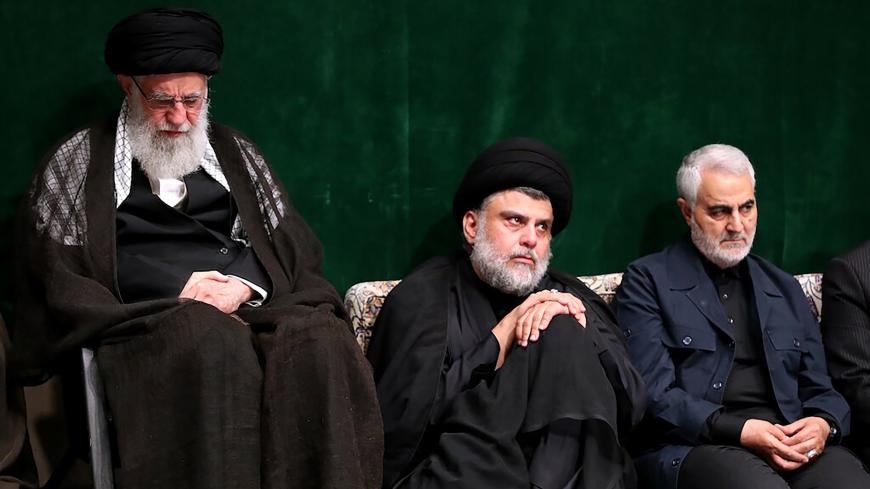Iraqi youth to government: We’re not going to take it
As young Iraqis vent against their government, Iran is already positioning itself for the fallout, as its proxies hit the streets.

Iraqi Prime Minister Adel Abdul Mahdi is calling for a Cabinet reshuffle and support for parliamentary reforms to address protesters’ demands for jobs, services and an end to corruption. But another round of musical chairs among the usual suspects may not cut it this time. The protesters are even calling for an end to the “regime.”
To regain control, Iraq’s prime minister may need to press for even more dramatic reforms, with new faces, and break a bit more crockery along the way, if he is to hang on. That is not Abdul Mahdi’s style, of course, but these are desperate times. Protests in Baghdad and cities in southern Iraq so far show no signs of letting up. The government has imposed a curfew and shut down the internet and social media in parts of the country. As of this writing, 53 Iraqis have died with hundreds injured, including members of the security forces, over the past three days.






